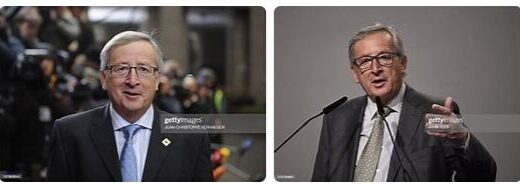Luxembourg Government and Politics
State and politics The Grand Duchy of Luxembourg is a hereditary, constitutional monarchy with a parliamentary system. Since 1919, when universal – and compulsory – voting rights were introduced, the country has been a...
